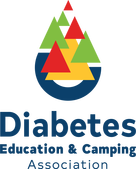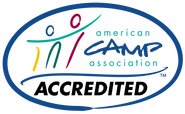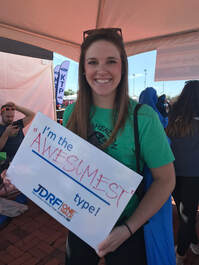 What made you decide to volunteer at Camp Hendon and how long have you been volunteering? I volunteered as part of my pharmacy residency program in 2017, but realized that I had found my people immediately! I have been volunteering since then. What is your role at camp? I started as an adult counselor, I am now medical staff and a part of the operations committee. Why do you come back year after year? What do you get from camp or how has it impacted your life? Coming to camp every year refuels my fire for my career and life. It is hard to explain the purpose, hope, and joy that being at camp gives me! The goodness of the staff, the energy and resilience of the campers—it truly is the best place on earth! What is your favorite activity at camp and why? The dance is my favorite because the kids think it’s hilarious when we know some of the dances too! What are some things you have learned or taken away from camp? Camp has taught me more about managing diabetes than a textbook ever could. First and foremost-they are kids above all else. Having diabetes is something they handle with such grace, it does not define who they are. Camp has taught me the importance of acceptance, inclusion, and taking care of each other! What do you do in your real life when you’re not giving your time to Camp Hendon? When I’m not “Red”, I am a pharmacist and diabetes educator. I love spending time outdoors with my friends and family. My favorite child is a cactus baby named Linda. Do you have any skills or talents that many may not know about you? I can still do back handsprings from way back when in my cheerleading days. I am also just a loud human being-not sure if that’s more of a skill or a talent.
0 Comments
This content was originally published in East End Living's May 2021 edition. Written by Wendy Williams. For the past 56 years, Camp Hendon has been providing children with Type 1 Diabetes (T1D) and their families a community of support. Each summer, children can escape to Camp Hendon, where everyone takes insulin, checks their blood sugar, and counts carbohydrates at meals and snacks. Type 1 Diabetes is a chronic, auto-immune disorder that is not the result of lifestyle or eating habits. Many kids at camp have never met another child with T1D, haven’t spent the night away from home since their diagnosis, and they struggle with feeling alone. Camp Hendon serves hundreds of children as they learn to champion their illness and grow among peers that are just like them.
Camp Hendon’s volunteer-led camping and outreach programs give children with T1D the opportunity to learn more about their diabetes and to grow more confident in their ability to handle the daily challenges they face while managing their disease. Camp Hendon specializes in providing a fun, recreational camping program for children with diabetes in a safe, medically-supervised (consisting of some of the region’s best pediatric endocrinologists, nurses, and certified diabetes educators) setting away from home. Diabetes Camp is a positive step toward independence for parents and children alike. Camp Hendon recognizes that diabetes is a family matter. It affects far more than just the child with the diagnosis. For one week each year, Camp Hendon provides parents and caregivers a desperately-needed reprieve from checking on their child throughout the night. One invaluable week free from the responsibilities of insulin ratios, pump changes, and blood sugar alarms. In recent years, the Camp Hendon program has expanded beyond providing two weeks of traditional summer camp experiences. Families and children have the opportunity to stay involved and connected to camp all year through weekend Family Retreats, Teen Retreats, caregiver support groups, and other social events. Camp Hendon has never turned a camper away for financial reasons; each summer, approximately 40% of children attend on scholarship. Every child has the opportunity to participate in these life-changing programs, regardless of their ability to pay. The goal of Camp Hendon is to support as many youth and families as possible. As a nonprofit organization, all funding comes from grants, donations, fundraising events, and camper registration fees. With no cure for diabetes on the immediate horizon, self-management and community have become critical for long-term diabetes care, mental health, and overall well-being. While many organizations are dedicated to finding a cure for Type 1 Diabetes, few offer support in the interim. Camp Hendon provides life-enhancing programs, without the promise of a cure, but with the guarantee of an experience that makes diabetes manageable until that cure is found. 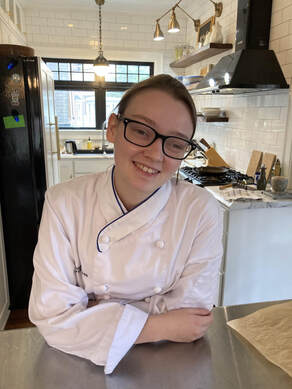 What made you decide to volunteer at Camp Hendon, and how long have you been volunteering? I started coming to camp when I was seven and remained a camper for the next ten years of my life. Not becoming a counselor was never really something that was on the table for me. This summer will mark my 4th year as a counselor and my 14th (wow, I’m getting old) summer at camp. At what age were you diagnosed with T1D? Age 2, 12/12/01. What is your role at camp? Adult Counselor (AC), kid wrangler, whatever you want to call it. Why do you come back year after year? What do you get from camp, or how has it impacted your life? I come back because camp is my home away from home and my fellow counselors and staff are my second family. They’ve always been there to lift me up and to motivate me when I need it. What is your favorite activity at camp, and why? Probably the zip line. It was my favorite thing to do when I was a camper I loved it when I was an eagle, and a few times, Loucon helped us arrange midnight zipping, which is pretty awesome. But as a counselor, I love it because I can watch my kids ( I call my campers my kids) overcome their fears and, as we say at camp “to stretch,” meaning stretching the limits of their comfort zone and growing as people. What are some things you have learned or taken away from camp? For me its that I’m not alone in this T1D battle, that I can always rely on my camp family and reach out to any one of them when I need support, its the best feeling in the world that these people will always have my back no matter the life stage. What do you do in your real life when you’re not giving your time to Camp Hendon? Currently, I am a student at Johnson & Wales University in Providence, Rhode Island, majoring in Culinary Nutrition. I am receiving my bachelor’s in December and am starting my own small business called “The Diabetic Nutrition Coach” that will focus on food concerning diabetes management. Follow along @diabeticnutritioncoach on Facebook and Instagram. Do you have any skills or talents that many may not know about you? I am in the process of learning Italian. Favorite low treatment snack? My go-to is generally Gatorade but my FAVORITE is ice cream. Are you on a pump &/or CGM? If so, which ones? I was on the Omnipod with Dexcom G5 for years but in January switched to the Tandem Tslim X2 with Dexcom G6. What is hard for you? How do you manage it? I’ve had diabetes for so long that its just a part of who I am and my day to day life. In high school it was hard because at school I didn’t have a ton of support but in college my friends are the best that I could ask for. I have one friend who is also chronically ill but not diabetic, and she understands when I’m having a rough day and we talk. I have another who is not chronically ill but she always watches out for me, even when I haven’t seen her in a year and a half but we talk everyday. Plus I have my camp family and with Plumpy (who my best friend named) my artificial pancreas I do pretty well with it all. Favorite tip for dominating T1D when you have diabetes burnout? The best piece of advice that I can give is to lean on your support system. If you are a camper, the next time you come back to camp create a group chat with all of your den mates, lean on each other when you need to, that's why camp exists and why we’re here. I had an eagle group chat when I was a camper and it was the best thing when you're having a bad day and can reach out to your camp friends and just to hear that your not alone, that they’re going through the same things is amazing. Do you wear a medical ID? I own one, but I don't wear it a ton. I do have a medic alert set up on my phone that could be used as an identifier in an emergency. When I’m up at school I always make a point to tell my chefs and professors that I am Type 1 and show them my gadgets. That way if something were to happen then they would know what's going on. |
Archives
February 2022
|
QuestionPro provides unparalleled insights and just launched enterprise features including Communities, Customer Experience, Workforce and Mobile

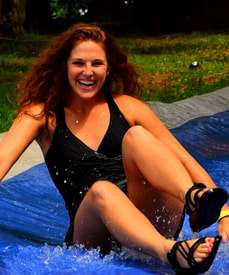
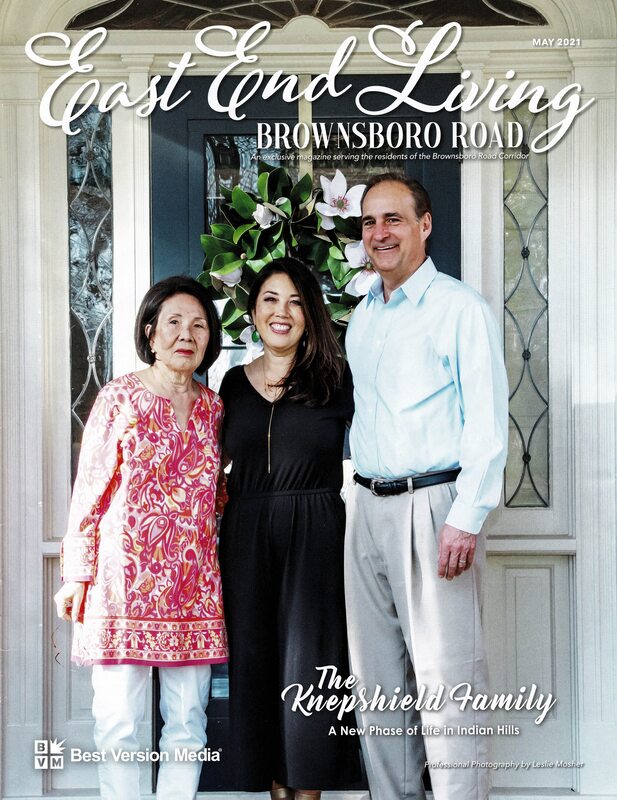
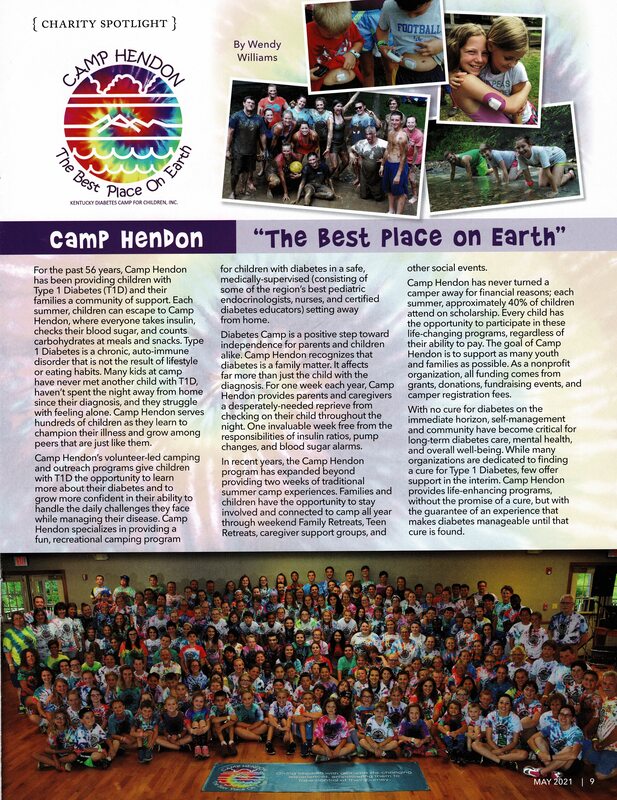
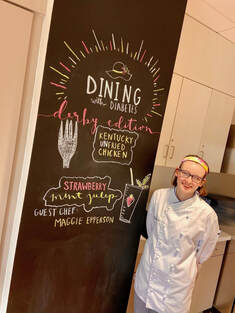
 RSS Feed
RSS Feed
